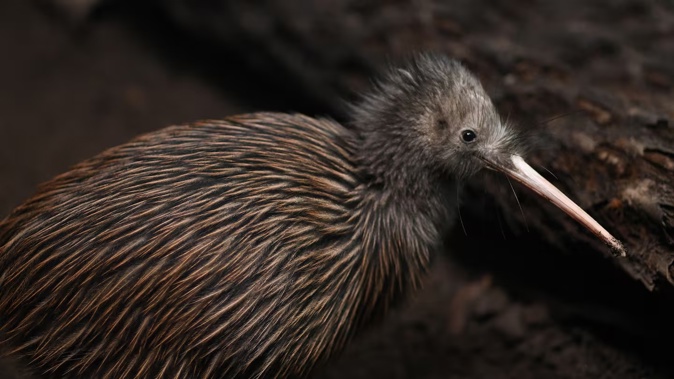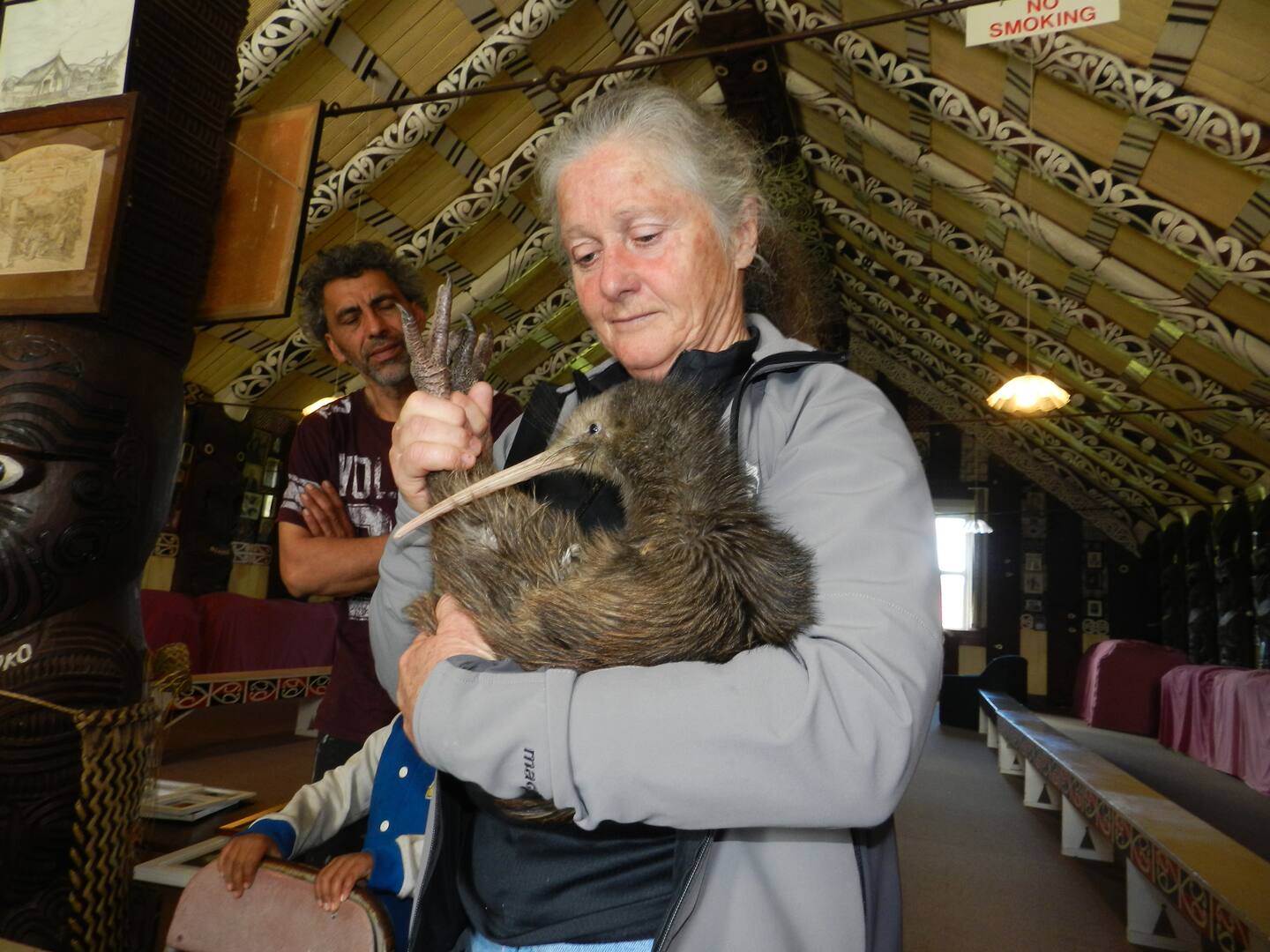
Up to five kiwis are dying across the Coromandel each year as a result of “leg-hold traps, dog attacks or other misadventure”.
The fatalities have been confirmed by the Department of Conservation with two reported kiwi deaths in 2024 attributed to leg-hold traps.
DoC senior ranger biodiversity Ben Gordon, while confirming the two fatalities, said it was likely other causes, such as roaming dogs, had also contributed to kiwi fatalities in the Coromandel area this year.
The Hauraki-Coromandel Post asked DoC for historical fatality figures.
Gordon said the breakdown of kiwi fatalities year-by-year was not quickly accessible.
“There does not appear to be a notable increase in these incidents, nor has there been a specific event that has raised significant concerns.
“However, it is an important opportunity to remind the trapping community about best practices to help prevent such occurrences.”
DoC received reports of four to five kiwi fatalities in Coromandel each year, Gordon said.
“This can be from dog attack, leg-hold traps, or other misadventure.
“Some years we have zero reports of leg-hold trap injuries, some, like this year, we have a couple.
“It doesn’t need to happen, and by raising awareness of these easy changes for trapping we hope to reduce the number to zero every year.”

Round-the-clock rehabilitation enabled a kiwi who suffered life-threatening injuries after being caught in a leg-hold possum trap to be returned to her maunga at Mangamuka in 2016. It was one last cuddle for Owhata from Kiwis for Kiwi advocate Wendy Sporle at Mangamuka Marae before her return to the wild.
Backyard trappers were being reminded to keep leg-hold traps off the ground to protect Coromandel kiwi from injury or death, he said.
Leg-hold traps were used for possum control, and often used where a possum was known to feed but difficult to capture, and when baits and other methods were not able to be used.
Kiwi are caught in leg-hold traps set for possums, causing injury and often death for the unfortunate birds, he said.
“A kiwi can easily be caught by the leg or beak in a leg-hold trap, often causing injuries the bird can’t recover from,” Gordon said.
“We’re asking the trapping community to help kiwi by setting these traps at a kiwi-safe height of more than 700mm off the ground.”
Kiwi were ground-based birds, not given to climbing, he said.
Gordon said a simple metre-long wooden board secured from a tree at an angle of 45 degrees to the ground allowed access for target species while effectively deterring kiwi.
Brown kiwi were doing well, and the population in the Coromandel had grown significantly thanks to long-term predator control programmes run by DoC and the wider community, he said.
“The great success of Coromandel kiwi means they’re moving into more areas and are at greater risk of encountering traps.
“As with all trapping regimes, target animals should be treated humanely and not left to suffer, leg-hold traps must be checked daily and animals dispatched quickly, Gordon said.
Take your Radio, Podcasts and Music with you









